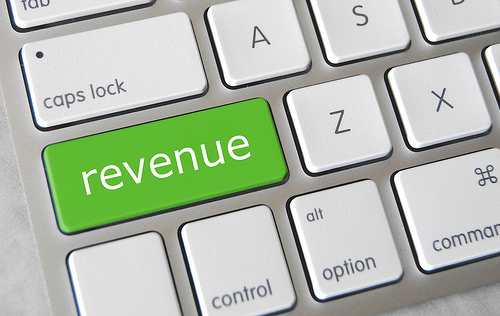
As most business owners are well aware, a company’s earning capacity is integral to ongoing success. However, there is more to creating a sustainable business model than just turning a profit on those goods and services provided by your business. This is where recurring revenue comes in.
What Is Recurring Revenue?
Recurring revenue is a business’s ability to continue making a profit over an extended period of time. This entails a business model that enables frequent repeat customers and purchases, as opposed to one that must contend with a lengthy gap between a customer’s initial purchase and repeat business. As a result, many investors seek out those businesses with recurring revenue stream when in search of investment opportunities.
What Are Some Different Recurring Revenue Models?
When developing a sound business plan, it helps to be aware of the different types of recurring revenue models currently available:
- Rental – The rental of goods and services affords a reliable revenue stream to business owners. In essence, consumers are borrowing an asset, for which they will be financially responsible throughout the duration of a contract. While in the past renting was usually relegated to acquiring things like apartments and cars, these days many data storage companies are employing the rental model with truly stunning results.
- Transaction – The transaction-based model of recurring revenue is usually associated with credit card companies and similar entities. Ride-sharing services also utilize the transaction model, which involves charging for transactions that will occur on a regular basis.
- Consumable – The consumable model is perhaps the most well-known among recurring revenue models. Companies will sell an initial product to consumers that entail the regular purchase of consumables over time. Numerous companies put the consumable model to good use, from those selling razors and accompanying blades to manufacturers of one-cup coffee makers.
- Subscription – Contracts are a great method of instituting recurring revenue streams. Customers agreeing to contracts are typically locked in for an extended period of time, which results in a reliable form of revenue. The subscription model is utilized for many different businesses, from the sale of magazines to mobile phone service.
How Can Recurring Revenue Help Your Business?
Instituting a recurring revenue model offers innumerable benefits to a business. The most obvious advantage lies in the predictability of a given revenue stream. Those businesses opting for a recurring revenue model are typically able to better forecast their quarterly profit numbers. This results in less deviations when calculating projected revenue, which can greatly increase confidence in one’s business.
Another benefit of the recurring revenue model involves management of necessary expenses. Those companies with less reliable business models remain in the dark about overall earning capacity until the actual figures are available. This can make it difficult to keep expenses in line with projected revenues. As discussed above, a predictable revenue stream decreases the likelihood of being surprised by the quarterly earnings, which allows business owners to make informed decisions when it comes to expenses.
Future Success Starts Here
To achieve true success, owners must work to create sustainability within their business. The recurring revenue model is just one such sustainable method that can help your business grow from quarter to quarter, and even year to year.
A reliable business model will not only engender future growth, it will also provide a means for keeping abreast of your earning capacity, which is essential for remaining assured in your business pursuits. There are B2B companies such as ServiceSource that specializes in recurring revenue management, and they are great resources that can help businesses establish a solid business foundation based on recurring revenue.
Image Credit: GotCredit
